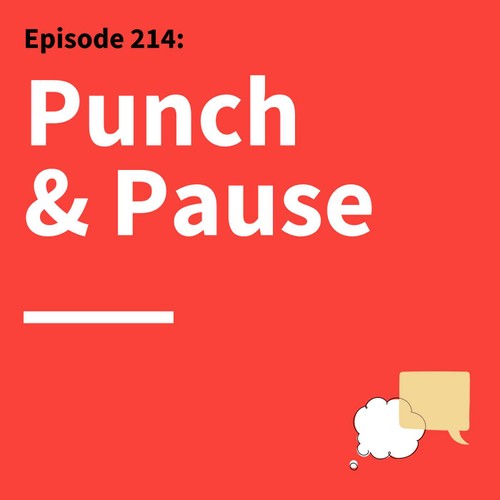
 Think Fast Talk Smart: Communication Techniques
Think Fast Talk Smart: Communication Techniques 214. From Crisis to Clarity: Simplicity, Feedback, and the Art of Being Heard
421 snips
Jul 8, 2025 In this engaging discussion, Greg Burke, a former journalist for Time Magazine and Fox News, shares invaluable communication insights drawn from his extensive career, including his role as a spokesman for the Vatican. He emphasizes the importance of simplicity in conveying messages effectively and highlights how curiosity can foster open conversations. Burke also touches on navigating crises with clear communication strategies and the vital role of understanding your audience while keeping the dialogue enjoyable and impactful.
AI Snips
Chapters
Books
Transcript
Episode notes
Ask Open-Ended Questions
- Ask open-ended questions with genuine curiosity and generosity to make people open up.
- Give them space to speak without interrupting or being aggressive to build trust in conversation.
Write Early, Edit Later
- Get your facts straight and write under deadlines to avoid perfectionism.
- Start writing without waiting for perfection and then edit to improve clarity and conciseness.
Embrace Editing and AI
- Use editing and feedback to improve both writing and oral presentations.
- Let your own voice and point of view guide the use of AI tools in writing.





